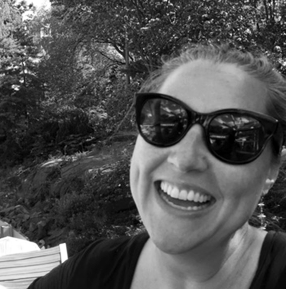A drone pilot works a twelve-hour shift, then goes home
to real life. Showers, eats supper, plays video games.
Twelve hours later he comes back, high-fives, takes over the
drone
from other pilots, who watch Homeland, do dishes, hope they
don’t
dream in all screens, bad kills, all slo-mo freeze-frame.
A drone pilot works a twelve-hour shift, then goes home.
A small room, a pilot’s chair, the mic and headphones
crowd his mind, take him somewhere else. Another day
another dollar: hover and shift, twelve hours over strangers’
homes.
Stop by the store, its Muzak, pick up the Cheerios,
get to the gym if you’re lucky. Get back to your babies, play
Barbies, play blocks. Twelve hours later, come back. Take over
the drone.
Smell of burned coffee in the lounge, the shifting kill zone.
Last-minute abort mission, and the major who forgets your
name.
A drone pilot works a twelve-hour shift, then goes home.
It’s done in our names, but we don’t have to know. Our own
lives, shifts, hours, bounced off screens all day.
A drone pilot works a twelve-hour shift, then goes home;
fresh from twelve hours off, another comes in, takes over our
drone.
Copyright © 2015 by Jill McDonough. Originally published in Poem-a-Day on September 30, 2015, by the Academy of American Poets.
“Our secretive drone policy made me think a lot about drone pilots, which led me to read everything I could find from pilots’ perspectives. Real pilots like Brandon Bryant and Matt J. Martin, and fictional ones like those in Omer Fast’s film 5000 Feet is the Best and George Brant’s play Grounded. I was struck by the repetitive, tedious, stressful work they do watching perceived enemies from our killer robot planes, in a whole new way of war. The villanelle, with its looping repetition, felt like a good fit for the experience of weaving in and out of the work piloting UAVs over the desert in Iraq, Afghanistan, Yemen, and places we don’t talk about, then driving through the desert in Nevada to go home before your next shift.”
—Jill McDonough

